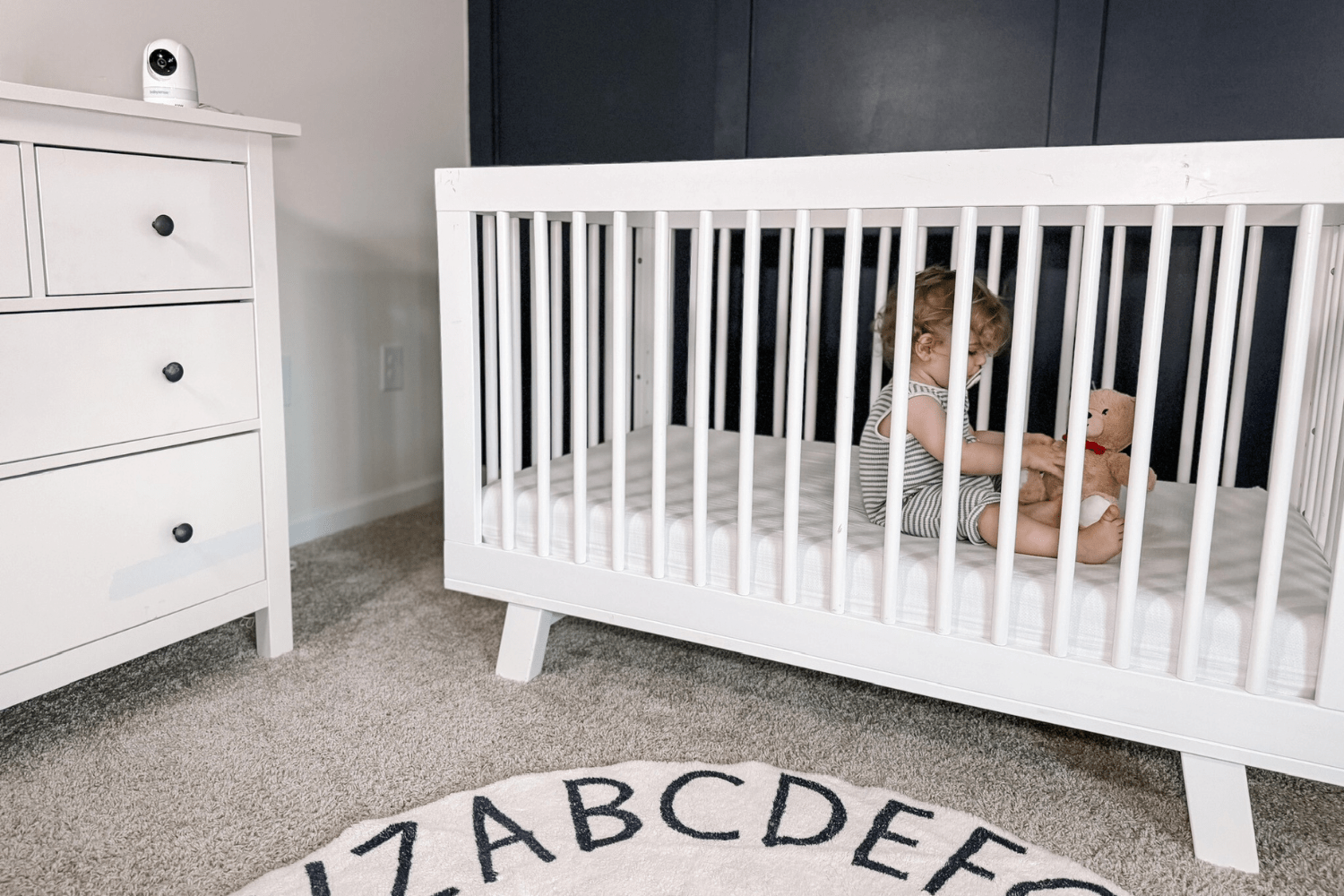Parenting is a complex and deeply personal journey filled with decisions that profoundly impact a child's growth and development. While every parent wants to ensure the best for their child, different parenting styles profoundly shape a child's upbringing, with benign neglect and helicopter parenting representing two distinct approaches. Understanding their contrasts illuminates how parental involvement influences children's development and independence.
Understanding Benign Neglect
Benign neglect is often misunderstood but can offer an abundance of benefits for child development. Whilst it is a term that may sound a bit alarming at first, it's far from negligent parenting. Instead, it involves providing a safe environment for children while giving them the freedom to discover and navigate the world on their own. This approach emphasizes minimal intervention, allowing children to face and solve problems independently. It fosters an environment where kids are encouraged to make choices, take risks, and learn from the outcomes, whether they're positive or negative.
Parents who lean towards Benign Neglect believe in the power of self-discovery and the importance of personal growth through experiences. They set a framework of safety and morals but within that framework, children are free to explore their interests, face challenges, and develop coping mechanisms on their own. This method aims to prepare kids for the real world by instilling a strong sense of responsibility and adaptability from a young age.
The key here is balance; it's not about total hands-off parenting but rather, knowing when to step in and when to let your child lead the way. It involves watching from a distance, ready to provide support and guidance when truly necessary, but also trusting in your child's ability to resolve their own issues.
Through Benign Neglect Parenting, children learn the value of independence, the impact of their choices, and the power of their own actions. By embracing this parenting style, you're not neglecting your child, but rather nurturing their ability to grow independently.
Exploring the World of Helicopter Parenting
Helicopter parenting refers to a style where parents closely monitor and often intervene in their child's life, striving to shield them from adversity and ensure their success and safety. It’s a style that's defined by its high degree of parental involvement and oversight. At its heart, Helicopter Parenting stems from a deep-seated desire to protect and guide one's children through every aspect of their lives.
The term "helicopter" symbolizes the constant hovering over every aspect of a child's activities, from academics and extracurriculars to social interactions. This approach typically stems from deep care and concern for a child's well-being but can also limit their autonomy and hinder their ability to develop crucial life skills independently. Parents adopting this style are “integrated” to their children’s experiences, ready to swoop in at the first sign of trouble or difficulty. This approach can be particularly beneficial in today’s fast-paced and often unpredictable world, providing children with a safety net that can help them navigate through their formative years with confidence.
Parents will make every effort to ensure their children are placed in environments that align with their values and aspirations. This can lead to a strong sense of security and belonging in children, as they know they have a steadfast supporter always looking out for their best interests.
However, it's important to recognize the fine line between being supportive and overbearing. Helicopter Parenting, while rooted in love and concern, requires a delicate balance to ensure that children still have the opportunity to learn from their own experiences. By understanding the motivations behind this parenting style and its potential impacts, parents can better navigate the complexities of staying involved in their children’s lives without overshadowing their independence and personal growth.
The Benefits of Each Parenting Style
Both Benign Neglect and Helicopter Parenting offer unique advantages that contribute significantly to a child's development.
The essence of Benign Neglect lies in empowering children with the gift of independence. By subtly stepping back, parents encourage their little ones to make decisions, solve problems, and navigate their own successes and failures. These children often emerge as resourceful individuals, equipped with the tools they need to face life's many challenges head-on.
The following are the top benefits for children who grow up with the Benign Neglect parenting style:
- Encourages Independence
- When children are given the space to explore and make decisions, they learn to trust their instincts and capabilities. This independence is crucial for their personal development and self-esteem.
- Fosters Creativity
- Without constant guidance, children are free to use their imagination and come up with unique solutions to problems. This freedom fosters creativity and innovation.
- Builds Resilience
- Facing challenges without immediate parental intervention teaches children how to cope with setbacks and failures. This resilience is vital for their emotional and mental well-being.
- Enhances Problem-Solving Skills
- Children who are encouraged to figure things out on their own develop strong problem-solving skills. They learn to assess situations, consider possible outcomes, and make decisions.
- Develops Social Skills
- By interacting with peers and navigating social situations independently, children develop essential social skills. They learn to negotiate, compromise, and empathize with others.
On the flip side, Helicopter Parenting encloses children in a cocoon of unwavering support and guidance. This hands-on method ensures that children feel seen, heard, and valued, providing a solid foundation of security from which they can confidently venture into the world. By being closely involved in their children’s lives, helicopter parents can swiftly identify and mitigate potential threats, guiding their children through the varied social and educational interactions they will face.
The following are the top benefits for children who grow up with the Helicopter parenting style:
- Safety and Security: Helicopter parents prioritize their child's safety, taking proactive steps to prevent potential risks and dangers.
- Academic Success: Close monitoring of schoolwork and activities can contribute to higher academic achievement and performance.
- Emotional Support: Continuous parental presence offers emotional reassurance and comfort, ensuring children feel supported in their endeavors.
Both approaches to parenting, with their distinct advantages, highlight the diversity of strategies available to parents. Each style, in its essence, strives to prepare children for a successful and fulfilling life, demonstrating the profound impact of parental guidance on a child’s journey to adulthood.
Real-Life Examples of Benign Neglect
- Free-Range Parenting
- This approach aligns closely with benign neglect. Parents encourage their children to play outside and explore their neighborhoods independently, within safe and reasonable limits.
- Montessori Education
- Montessori schools emphasize self-directed learning. Children are encouraged to choose their activities and learn at their own pace, fostering independence and creativity.
- Nature Playgroups
- These groups promote outdoor play and exploration. Children are given the freedom to explore nature, learn about the environment, and develop physical and cognitive skills through unstructured play.
Benign neglect is a parenting approach that emphasizes the importance of allowing children to explore and learn independently. By stepping back, parents can help their children develop resilience, creativity, and problem-solving skills. While it requires a balance of freedom and safety, the benefits of fostering independence are immense. As parents, understanding and implementing benign neglect can lead to a more enriching and empowering upbringing for our children.
Real-Life Examples of Helicopter Parenting
- Micromanaging Activities: Parents closely oversee schedules, homework assignments, and social interactions to ensure optimal outcomes.
- Overprotectiveness: Restricting children from taking risks or facing challenges independently, under the guise of safeguarding their well-being.
Helicopter parenting reflects a deep commitment to a child's success and safety but requires careful consideration of its potential impacts on their independence and development. By understanding the nuances of this approach, parents can make informed decisions that nurture their child's growth while preparing them for the challenges and opportunities of adulthood. Finding a balance between protection and autonomy ensures that children develop into confident, capable individuals equipped to navigate life's complexities with resilience and determination.
In conclusion
When it comes to parenting styles, there is no one-size-fits-all approach that guarantees success. Both benign neglect and helicopter parenting offer distinct benefits and challenges, influencing a child's development in unique ways. Ultimately, the effectiveness of a parenting style hinges on considering the individual child's needs, their environment, and what style resonates most with the parent. Striking a balance between nurturing independence and providing support is key, ensuring children grow into resilient, confident individuals prepared to navigate life's complexities with assurance and adaptability. By remaining attuned to these factors and adapting their approach as necessary, parents can foster a supportive and enriching environment that promotes their child's holistic development and well-being.







